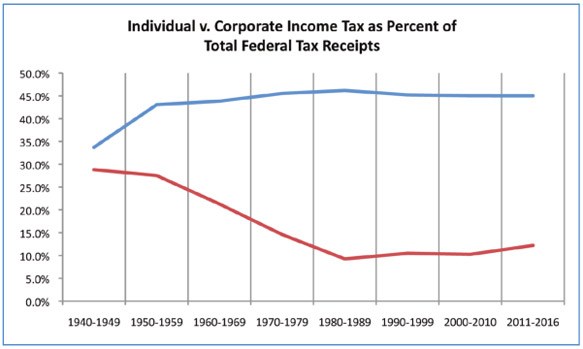
Our Community

Editor’s note: This post comes from Tuan Ngo and Samuel S. Kang of the Greenlining Institute, a multi-ethnic public policy and advocacy institute.
America’s richest multinational corporations are avoiding $60 billion a year in taxes by hiding $1 trillion in profits overseas. All the while, Fortune 100 corporations alone received close to $90 billion in taxpayer-funded federal contracts. And yet Congress is looking to cut the deficit by cutting Medicare, Social Security, food safety, education and health without collecting another dime from these huge, wealthy corporations.
It’s unpatriotic, it’s unfair and we can’t afford it. It should be illegal.
Much has been made of the 35 percent U.S corporate income tax rate, but by moving profits offshore, many companies pay much less – zero in some cases — making the 35 percent rate a fiction. In fact, the U.S. government collects less in corporate taxes as a share of its GDP than all but two of the 26 developed countries in the world.
Much of this is accomplished through subsidiaries – often shells with little more than a post office box – in places like Bermuda and the Cayman Islands. To be blunt, it’s legalized money laundering.
In our recently released report, Corporate America Untaxed, the Greenlining Institute found that 77 of Fortune 100 companies have at least one operation in countries that are designated as tax havens. Today, Americans on average pay over 20% of their income in federal taxes, while (to name just a few) Exxon pays 14 percent, IBM pays less than four percent, and General Electric and DuPont paid virtually nothing in income tax last year. Many of these companies get huge contracts from the federal government — $15 billion worth in one case.
Sen. Carl Levin (D-Mich.) has proposed legislation targeting this problem, the Stop Tax Haven Abuse Act, and comparable legislation has been introduced in the House of Representatives. Such legislation should be the centerpiece of any deficit reduction plan instead of catastrophic cuts that will harm our most vulnerable citizens.
Tuan Ngo is a Legal Associate at Greenlining Institute in Berkeley, California and a student at the University of California, Hastings College of the Law, where he will receive his J.D. in 2013. Samuel S. Kang is General Counsel at Greenlining Institute, where he has led several successful campaigns impacting state and national policy. They are authors of Greenlining’s recent report, “Corporate America Untaxed.”

Read the stories and hear the voices of social change leaders fighting for justice.